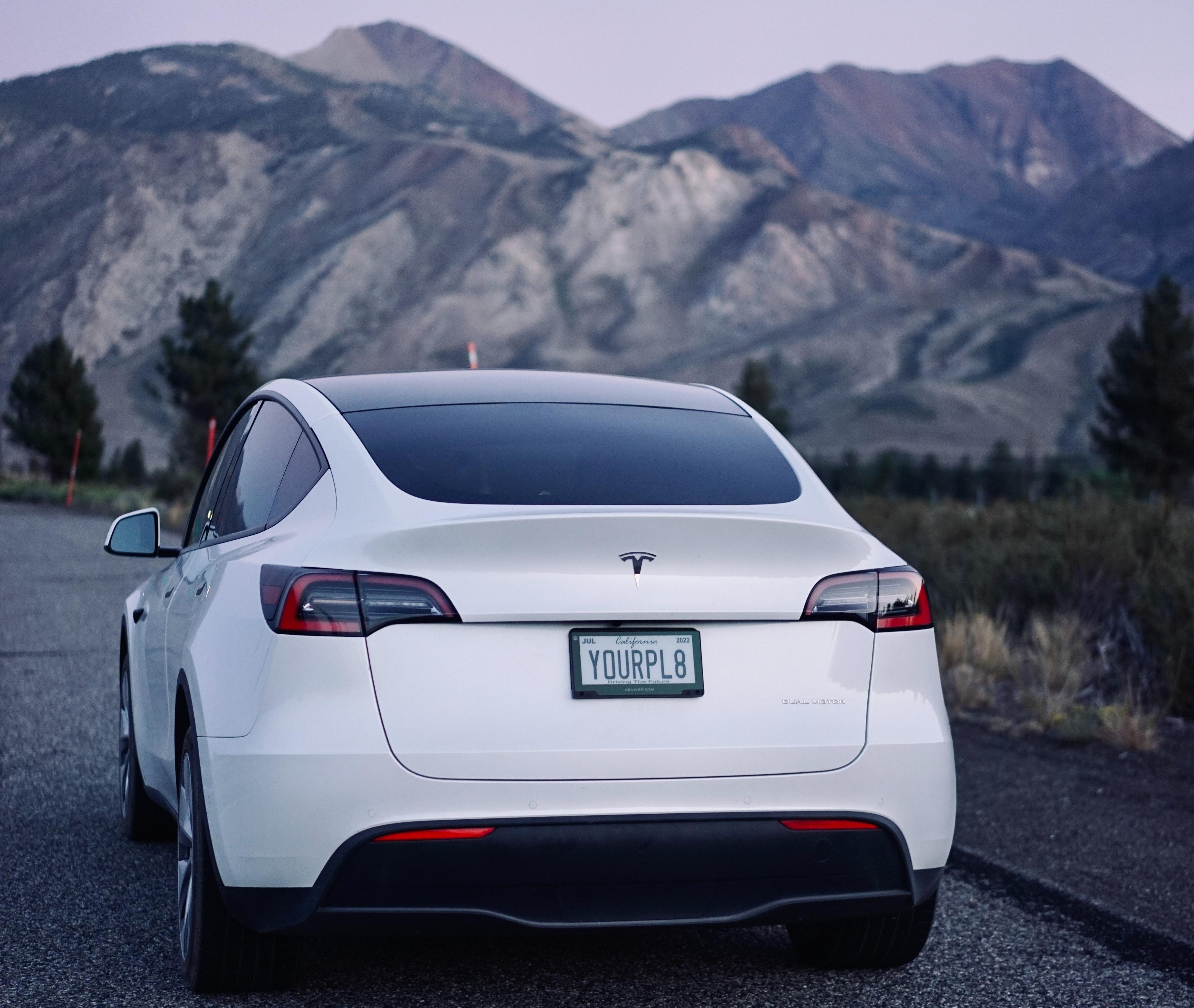

Get in the KNOW
on LA Startups & Tech
X
Illustration by Ian Hurley
What Are LA’s Hottest Startups of 2022? See Who VCs Picked in dot.LA’s Annual Survey
Harri Weber
Harri is dot.LA's senior finance reporter. She previously worked for Gizmodo, Fast Company, VentureBeat and Flipboard. Find her on Twitter and send tips on L.A. startups and venture capital to harrison@dot.la.
In Los Angeles—like the startup environment at large—venture funding and valuations skyrocketed in 2021, even as the coronavirus pandemic continued to surge and supply chain issues rattled the economy. The result was a startup ecosystem that continued to build on its momentum, with no shortage of companies raising private capital at billion-dollar-plus unicorn valuations.
In order to gauge the local startup scene and who’s leading the proverbial pack, we asked more than 30 leading L.A.-based investors for their take on the hottest firms in the region. They responded with more than two dozen venture-backed companies; three startups, in particular, rose above the rest as repeat nominees, while we've organized the rest by their amount of capital raised as of January, according to data from PitchBook. (We also asked VCs not to pick any of their own portfolio companies, and vetted the list to ensure they stuck to that rule.)
Without further ado, here are the 26 L.A. startups that VCs have their eyes on in 2022.
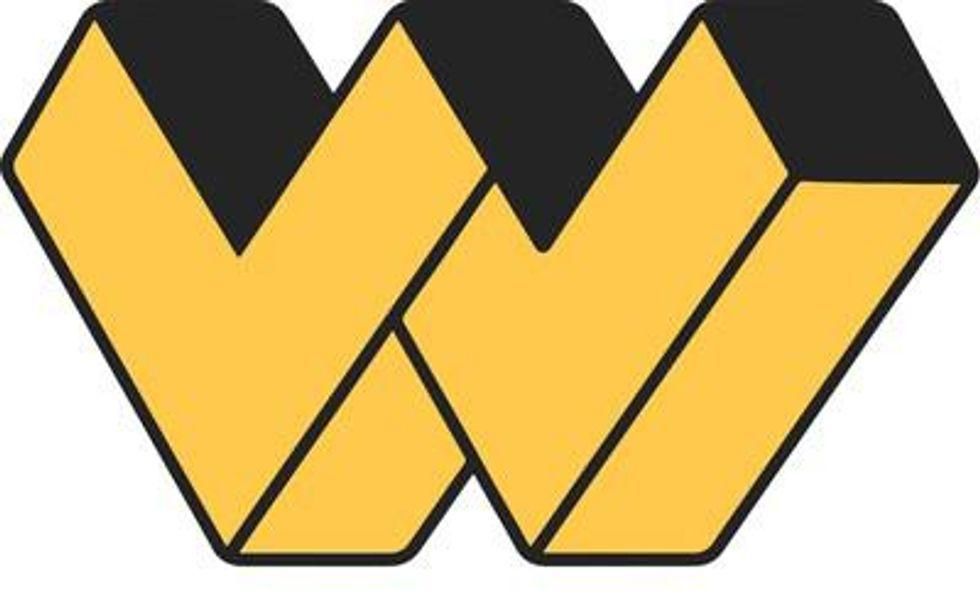
1. Whatnot ($225.4 million raised)
Whatnot was the name most often on the minds of L.A. venture investors—understandably, given its prolific fundraising year. Whatnot raised some $220 million across three separate funding rounds in 2021, on the way to a $1.5 billion valuation.
The Marina del Rey-based livestream shopping platform was founded by former GOAT product manager Logan Head and ex-Googler Grant LaFontaine. The startup made its name by providing a live auction platform for buying and selling collectables like rare Pokémon cards, and has since expanded into sports memorabilia, sneakers and apparel.
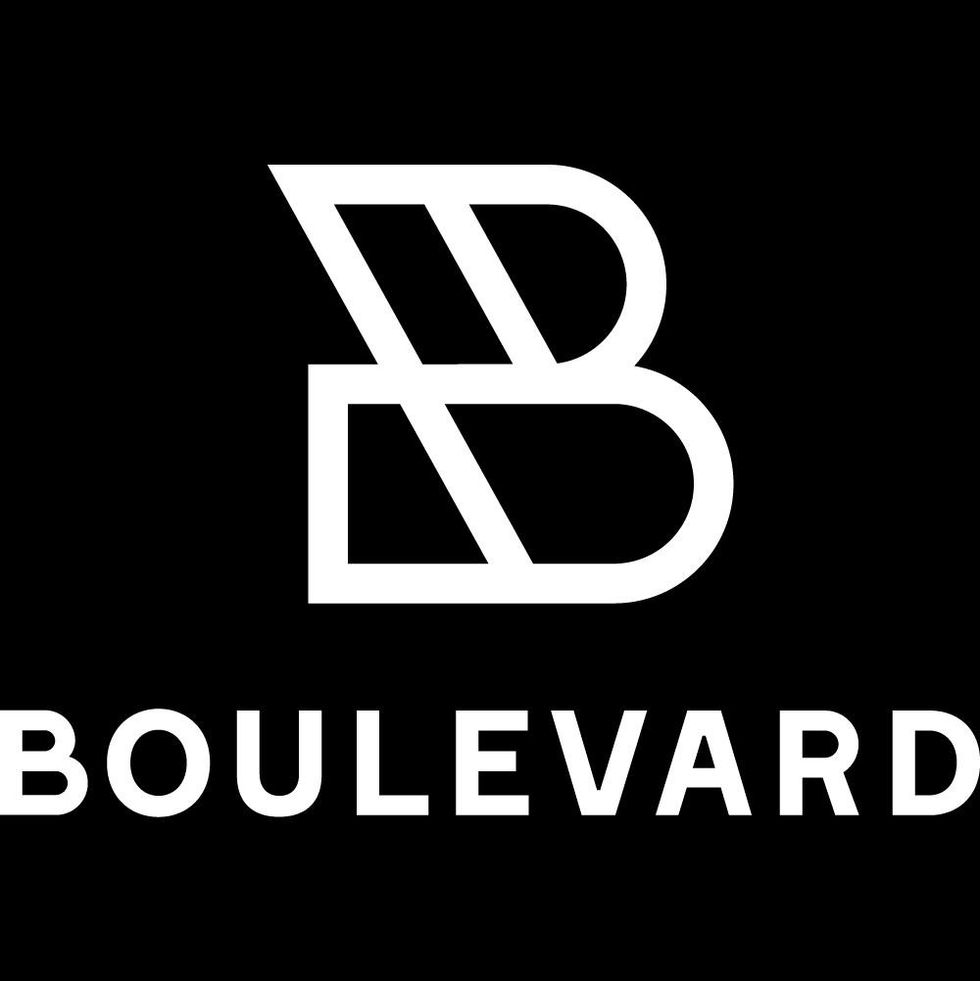
2. Boulevard ($40.3 million raised)
Boulevard’s backers include Santa Monica-based early-stage VC firm Bonfire Ventures, which focuses on B2B software startups. The Downtown-based company fits nicely within that thesis; Boulevard builds booking and payment software for salons and spas. The firm has worked with prominent brands such as Toni & Guy and HeyDay.
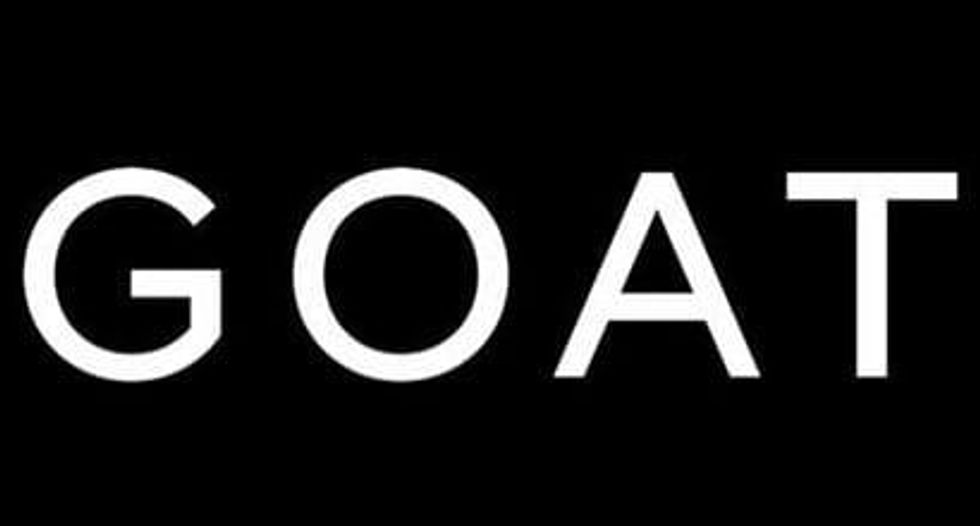
3. GOAT ($492.7 million)
GOAT launched in 2015 as a marketplace to help sneakerheads authenticate used Air Jordans and other collectible shoes. It has since grown at a prolific rate, expanding into apparel and accessories and exceeding $2 billion in merchandise sales in 2020. The startup sealed a $195 million funding round last summer that more than doubled its valuation, to $3.7 billion.
The Best of the Rest
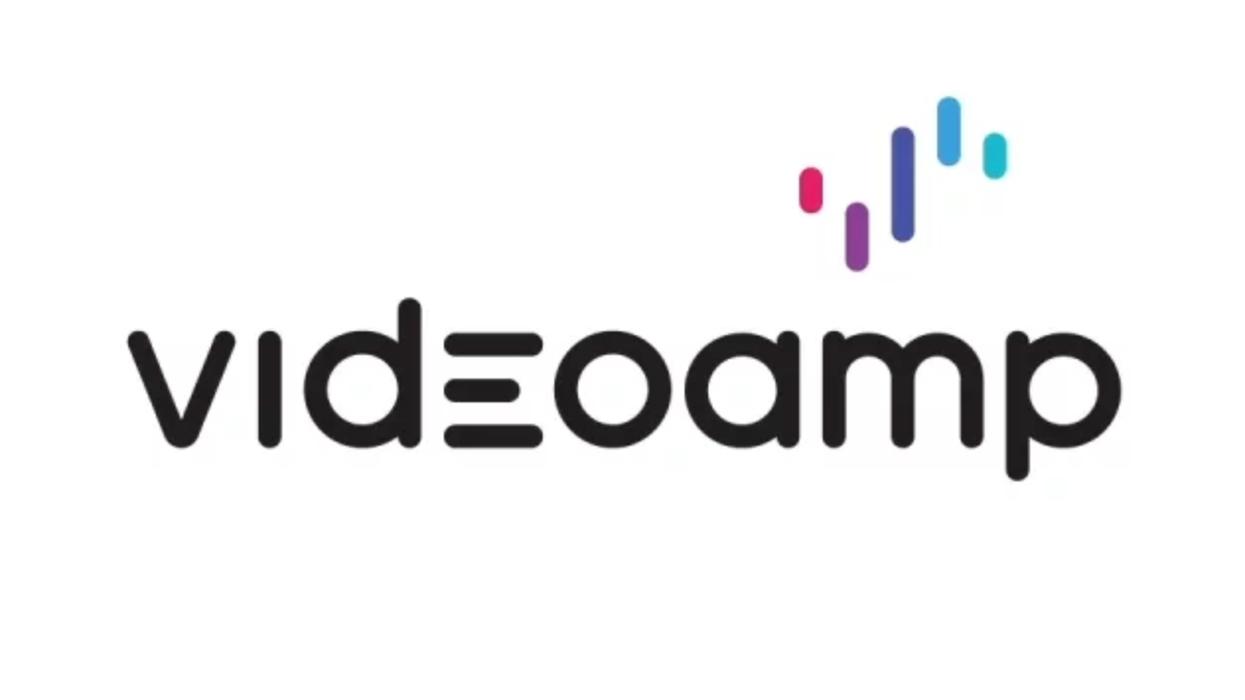
VideoAmp ($578.6 raised)
Nielsen competitor VideoAmp gathers data on who's watching what across streaming services, traditional TV and social apps like YouTube. The company positions itself as an alternative to so-called "legacy" systems like Nielsen, which it says are "fragmented, riddled with complexity and inaccurate." In addition to venture funding, its total funding figure includes more than $165 million in debt financing.

Mythical Games ($269.4 million raised)
Seizing on the NFT craze, Mythical Games is building a platform that powers the growing realm of “play-to-earn games.” Backed by NBA legend Michael Jordan and Andreessen Horowitz, the Sherman Oaks-based startup’s partners include game publishers Abstraction, Creative Mobile and CCG Lab.

FloQast ($202 million raised)
FloQast founder Michael Whitmire says he got a “no” from more than 100 investors in the process of raising a seed round. Today, the accounting software company is considered a unicorn.

Nacelle ($70.8 million raised)
Nacelle produces docuseries, books, comedy albums and podcasts. The media company’s efforts include the Netflix travel series “Down To Earth with Zac Efron.”
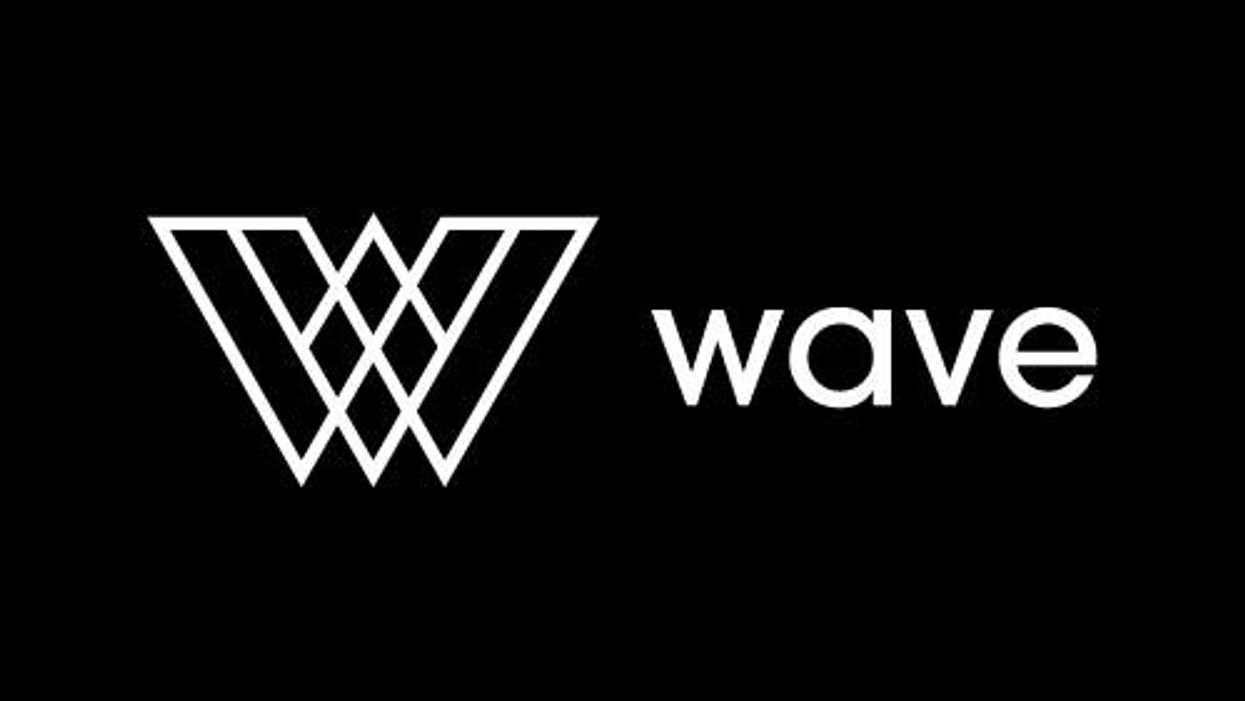
Wave ($66 million raised)
A platform for virtual concerts, Wave has hosted performances by artists including Justin Bieber, Tinashe and The Weeknd. The company says it has raised $66 million to date from the likes of Warner Music and Tencent.
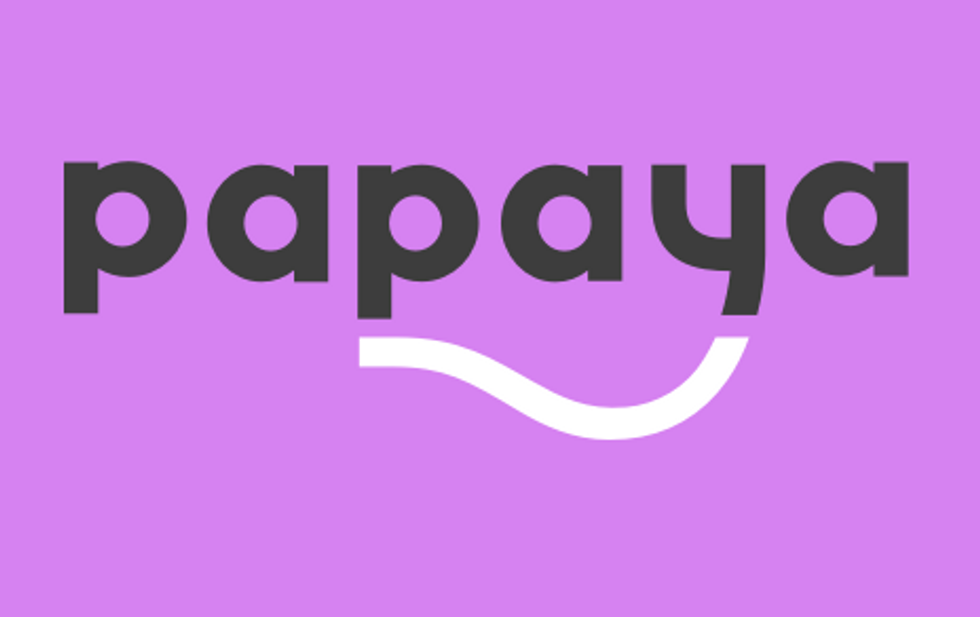
Papaya ($65.2 million raised)
Sherman Oaks-based Papaya looks to make it easier to pay “any” bill—from hospital bills to parking tickets—via its mobile app.
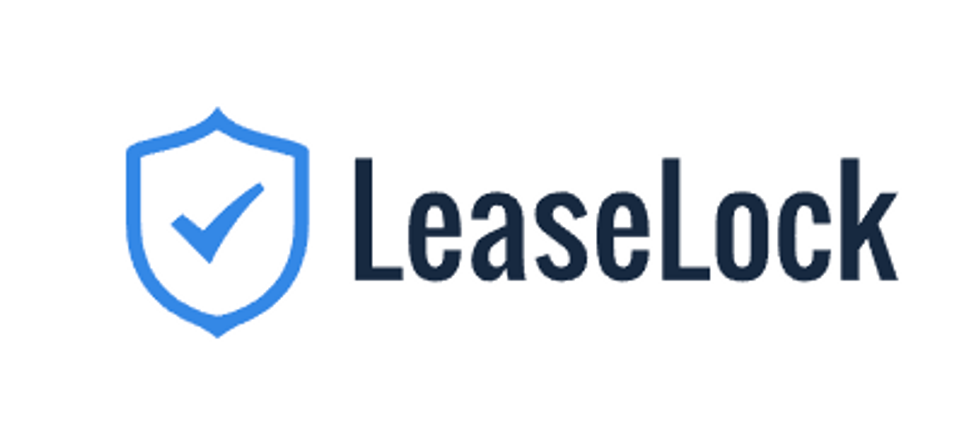
LeaseLock ($63.2 million raised)
Based in Marina del Rey, LeaseLock says it’s on a mission to eliminate security deposits for apartment renters.
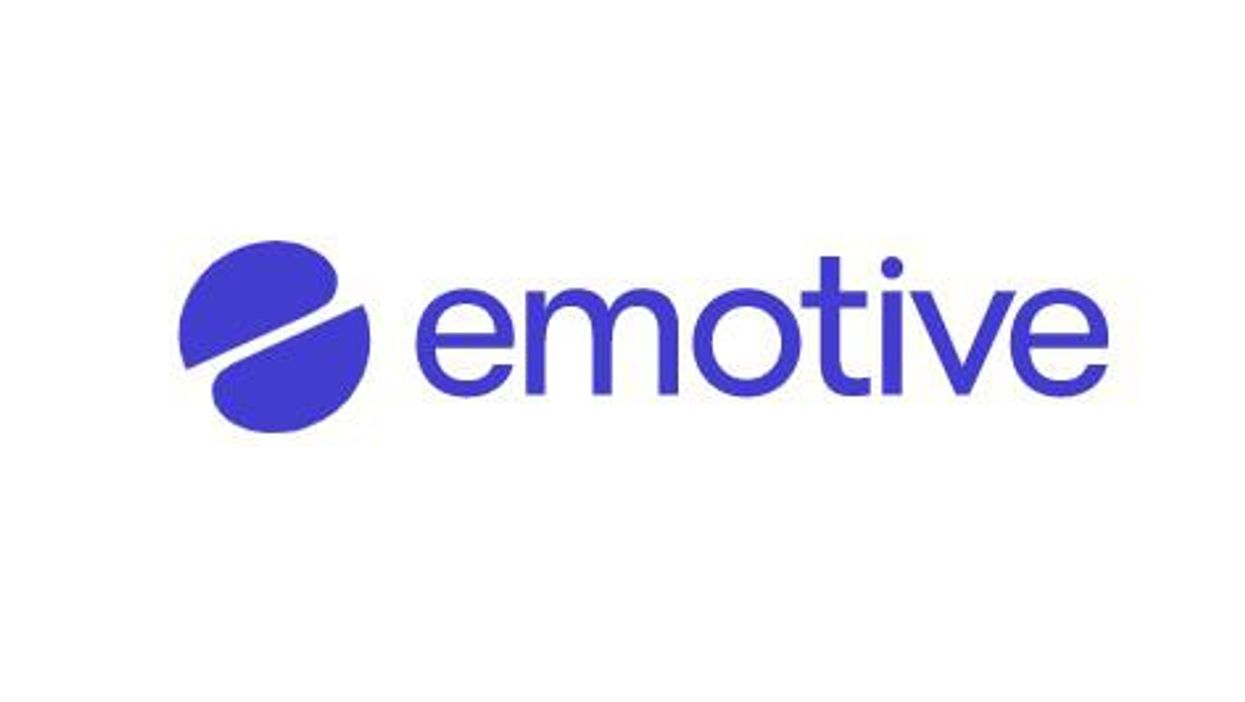
Emotive ($58.1 million raised)
Emotive sells text message-focused marketing tools to ecommerce firms like underwear brand Parade and men's grooming company Beardbrand.
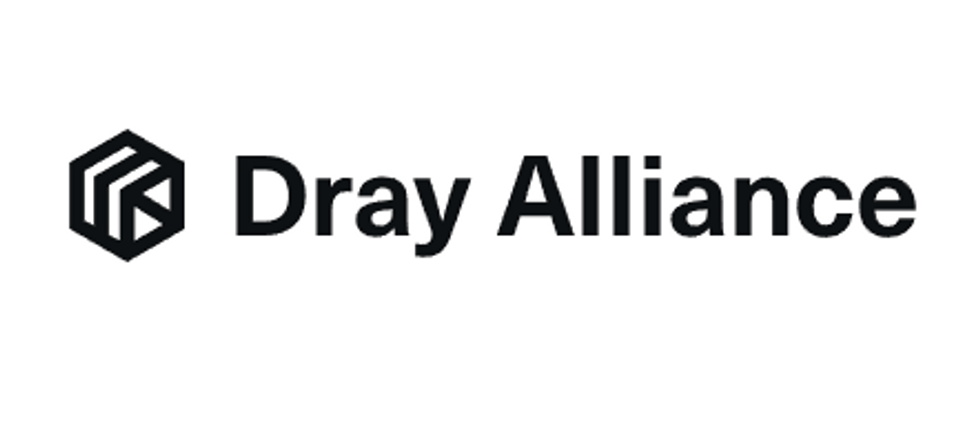
Dray Alliance ($55 million raised)
Based in Long Beach, Dray says its mission is to “modernize the logistics and trucking industry.” Its partners include Danish shipping company Maersk and toy maker Mattel.
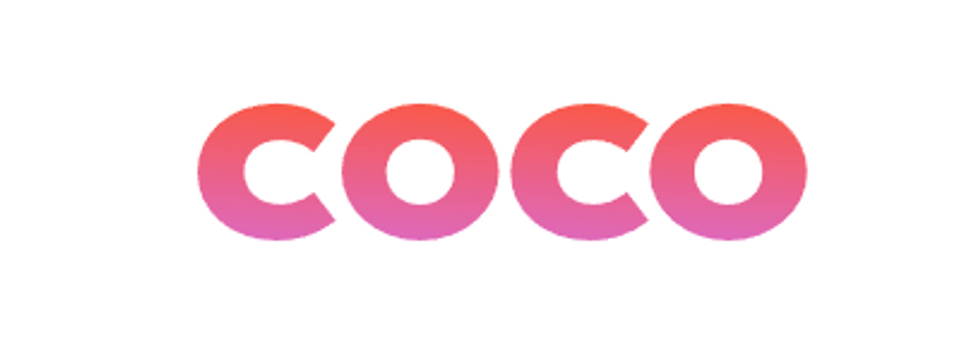
Coco ($43 million raised)
Coco makes small pink robots on wheels (you may have seen them around town) that deliver food via a remote pilot. Its investors include Y Combinator and Silicon Valley Bank.
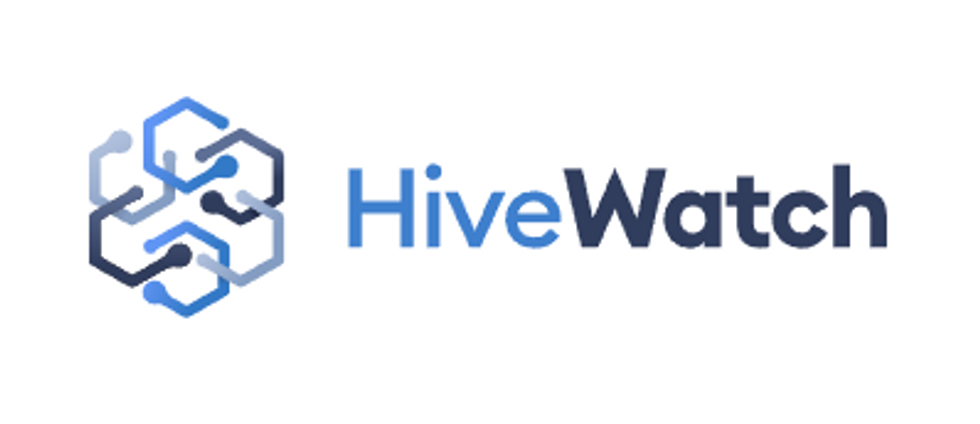
HiveWatch ($25 million raised)
HiveWatch develops physical security software. Its investors include former Twitter executive Dick Costollo and NBA star Steph Curry’s Penny Jar Capital.

Popshop ($24.5 million raised)
Whatnot competitor Popshop is betting that live-shopping is the future of ecommerce. The West Hollywood-based firm focuses on collectables such as trading cards and anime merchandise.
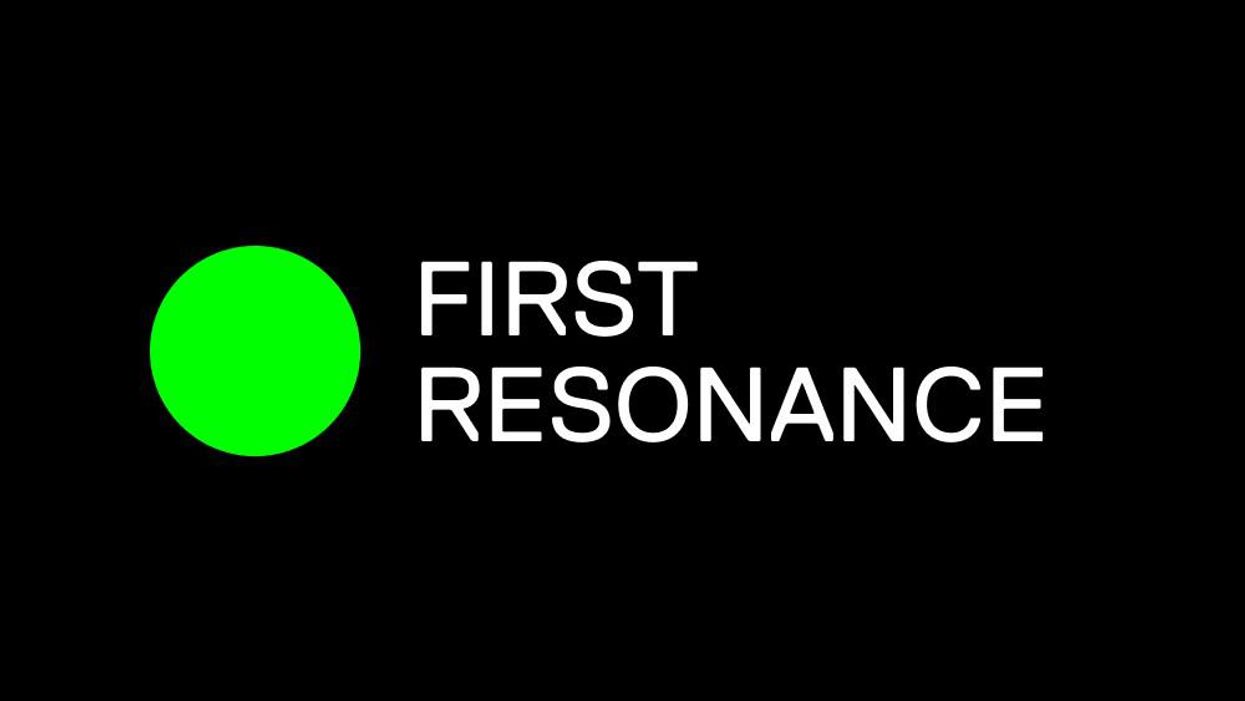
First Resonance ($19.4 million raised)
Founded by former SpaceX engineer Karan Talati, First Resonance runs a software platform for makers of electric cars and aerospace technology. Its clients include Santa Cruz-based air taxi company Joby Aviation and Alameda-based rocket company Astra.
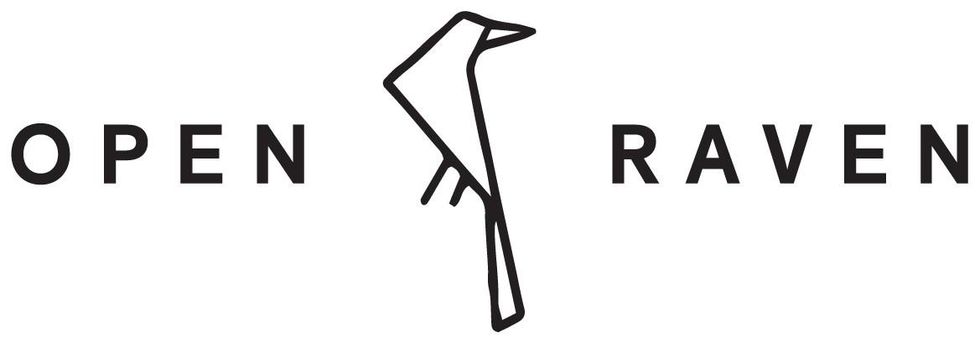
Open Raven ($19 million raised)
Founded by Crowdstrike and Microsoft alums, Open Raven aims to protect user data. The cybersecurity firm’s investors include Kleiner Perkins and Upfront Ventures.
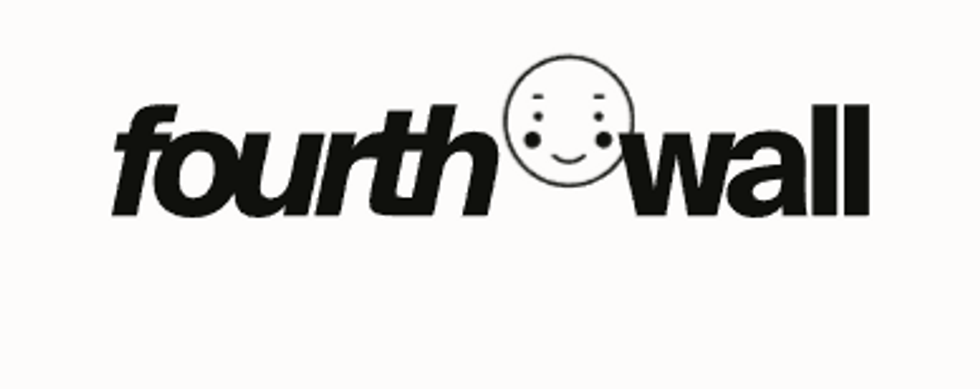
Fourthwall ($17 million raised)
When an actor faces the camera and speaks directly to the audience, it’s known as “breaking the fourth wall.” Named after the trope, Venice-based Fourthwall offers a website builder that’s designed for content creators.

The Non Fungible Token Company ($15 million raised)
The Non Fungible Token Company creates NFTs for musicians under the name Unblocked. Its investors include Jay Z’s Marcy Venture Partners and Shawn Mendez.
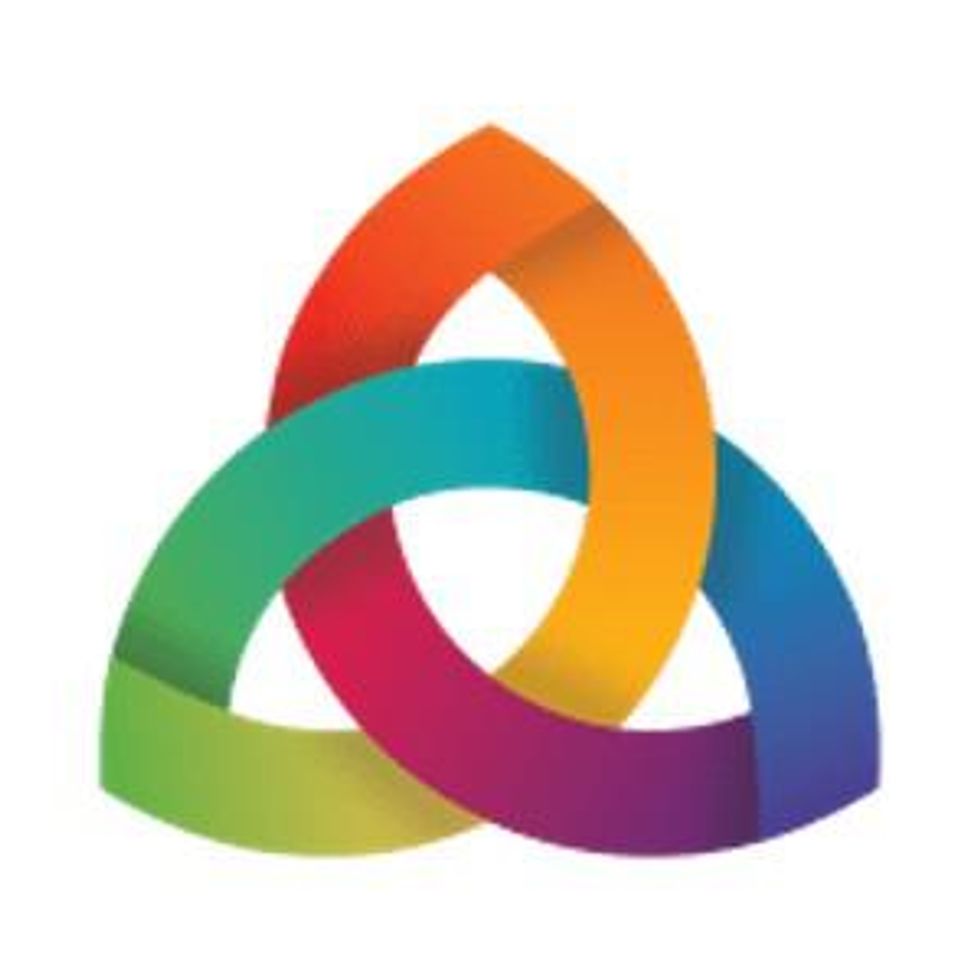
Safe Health Systems ($15 million raised)
Backed by Mayo Clinic Ventures, Safe Health develops telehealth software and offers tools for enterprises to launch their own health care apps.
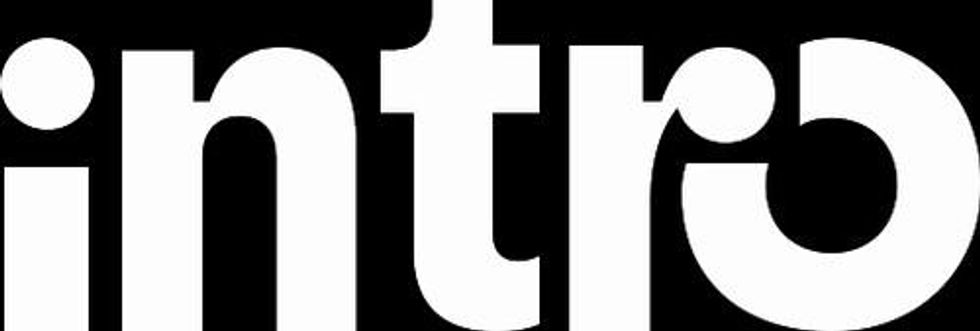
Intro ($11.6 million raised)
Intro’s app lets you book video calls with experts—from celebrity stylists, to astrologists, to investors.
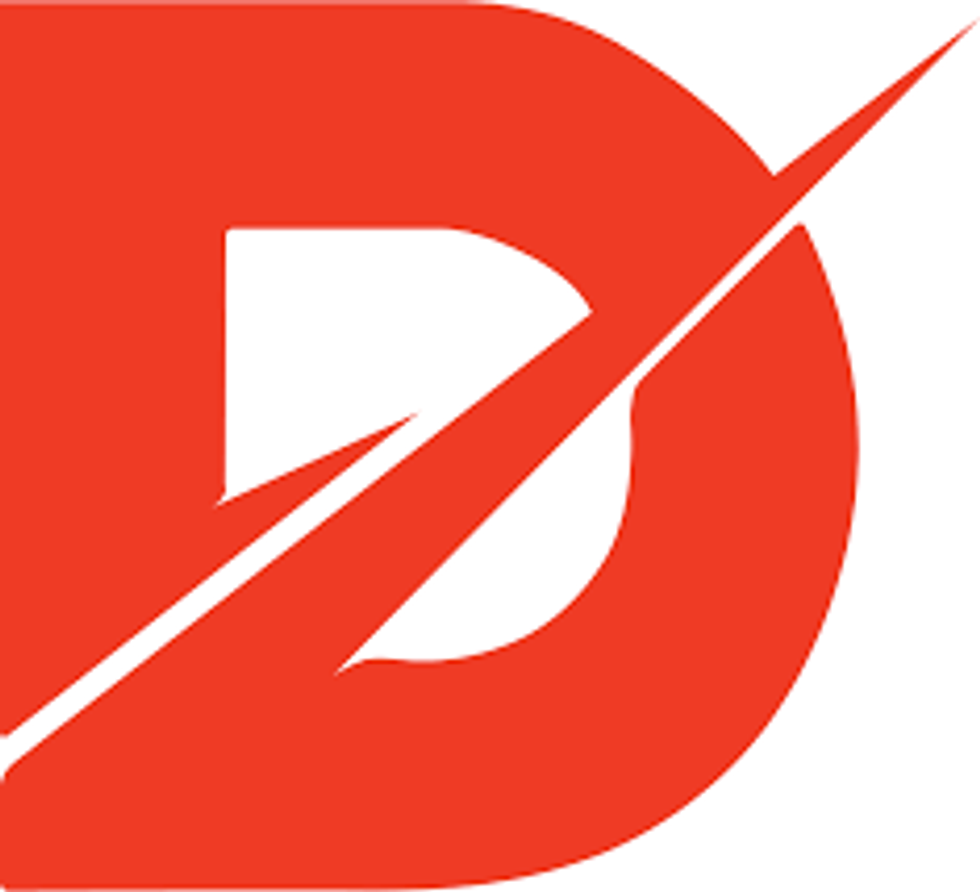
DASH Systems ($8.5 million raised)
With the tagline “Land the package, not the plane,” DASH Systems is a Hawthorne-based shipping company that builds hardware and software for automated airdrops.

Ettitude ($3.5 million raised)
With a focus on sustainability, Ettitude is a direct-to-consumer brand that sells bedding, bathroom textiles and sleepwear.

Afterparty ($3 million raised)
Along similar lines as Unblocked, Afterparty creates NFTs for artists and content creators such as Clay Perry and Tropix.

Heart to Heart ($0.75 million raised)
Heart to Heart is an audio-focused dating app that “lets you listen to the story behind the pictures in a profile.” Precursor Ventures led the pre-seed funding round.

Frigg (undisclosed)
Frigg makes hair and beauty products that contain cannabinoids such as CBD. The Valley Village-based company raised an undisclosed seed round in August.
From Your Site Articles
- The Early-Stage Startups in LA Set to Take Off in 2021 - dot.LA ›
- Los Angeles Startups Closed a Record Number of Deals in Q3 - dot.LA ›
- dot.LA's Map of Startups in Los Angeles - dot.LA ›
- The Hottest LA Startups of 2020 - dot.LA ›
- Los Angeles Cleantech Incubator Launches Green Loan Fund - dot.LA ›
- dot.LA's Guide on L.A. Flight Startups Overair, Archer Aviation - dot.LA ›
- Here Are LA’s Hottest Startups for 2023 - dot.LA ›
- Nobody Studios Plans to Build 100 Startups in Five Years - dot.LA ›
- From GameTree to Sota — Ukrainian Founders Call LA Home - dot.LA ›
Related Articles Around the Web
Harri is dot.LA's senior finance reporter. She previously worked for Gizmodo, Fast Company, VentureBeat and Flipboard. Find her on Twitter and send tips on L.A. startups and venture capital to harrison@dot.la.
Perelel, the LA startup quietly fixing women’s health
10:21 AM | November 21, 2025
🔦 Spotlight
Happy Friday LA!
While the market obsesses over the latest AI tool, one of the most interesting checks this week went to something more basic and much harder to fake: women’s health.
Perelel, a doctor founded, research backed supplement company for women, just raised 27 million dollars in growth funding led by Prelude Growth Partners, with existing investors including Unilever Ventures, Willow Growth Partners and Selva Ventures coming back in. Co founded by CEO Victoria Thain Gioia, who comes from a background in finance and operating roles at consumer brands, former media executive Alex Taylor, and OB GYN Dr. Banafsheh Bayati, the company has spent the last five years quietly building a profitable business that has doubled revenue year over year and has some of the strongest subscriber retention in its category.

The wellness aisle is crowded with influencer brands and one size fits all multivitamins. Perelel is trying to be the adult in the room. The team designs products with OB GYN input, clinical backing and formulas tailored to specific chapters of a woman’s hormonal life, from fertility and pregnancy to postpartum, perimenopause and beyond. Most of its line now carries a Clean Label Project Purity Award, which is a polite way of saying they’re willing to have someone else check what’s actually in the bottle.
This round is less about a splashy launch and more about upgrading the cap table and the support system. The founders used the raise to buy out early angel investors and bring in Prelude Growth, a women-founded firm with a track record in modern consumer health and beauty. The new capital is aimed at deeper research, more life stage specific products and broader distribution rather than chasing the trend of the month.
In a category that has historically treated women’s health as an afterthought, a clinically serious, women led company raising growth capital to build a full lifecycle platform feels like a meaningful data point. Scroll down for this week’s LA venture deals, funds and acquisitions.
🤝 Venture Deals
LA Venture Funds
- Anthos Capital participated in Kalshi’s new $1B funding round, which values the CFTC-regulated prediction market platform at $11B and was led by returning investors Sequoia Capital and CapitalG alongside Andreessen Horowitz, Paradigm and Neo. The capital will help Kalshi scale its event-contracts exchange, expand beyond politics into areas like macro data and business events, and compete more aggressively with rival prediction platforms as institutional and retail interest in trading real-world outcomes grows. - learn more
- UP Partners participated in Point One Navigation’s $35M Series C round, backing the San Francisco-based precise location startup alongside lead investor Khosla Ventures and fellow existing investors IA Ventures and Alumni Ventures. The company provides centimeter-level GNSS correction and positioning services for “physical AI” applications like autonomous vehicles, robots and smart equipment, and plans to use the new funding to expand its Polaris RTK network, enhance its location platform and grow its team across R&D, OEM integrations and international operations. - learn more
- Embark Ventures participated in QSimulate’s latest seed financing, which brings the Boston-based quantum simulation startup’s total funding to just over $11M. The company also launched QUELO v2.3, a new generation of its quantum-powered drug discovery platform that uses real-time quantum mechanics to model drug–protein interactions far faster than traditional methods, and it plans to use the capital to scale operations and support growing collaborations with major pharma and tech partners. - learn more
- Cultivate Next, Chipotle Mexican Grill’s venture fund, participated in Athian’s $4M Series A round, backing the Indianapolis-based startup alongside Ajinomoto Group Ventures, Mondelēz International’s Sustainable Futures platform and a roster of existing strategic investors from across the livestock and food value chain. Athian, founded in 2022, operates a platform that aggregates, verifies and monetizes on-farm greenhouse gas reductions so food brands can hit their Scope 3 climate targets, and it says it has already facilitated $18M in payments to farmers as it expands its protocols, species coverage and international footprint. - learn more
- Fika Ventures joined Coverbase’s $16M Series A as a returning investor from the seed round, backing the company alongside lead investor Canapi Ventures and others. The San Francisco based startup uses AI agents to automate vendor procurement and third-party risk review for regulated enterprises, serving customers like Coinbase, Okta and Nationwide, and the new funding will help it expand into contract management, continuous security monitoring and a larger go-to-market team. - learn more
- BroadLight Capital and HeartBeat Ventures are among the investors backing Function Health’s $298M Series B round, which values the company at $2.5B and supports its push to become a new standard in proactive, data-driven healthcare. The Austin-based startup offers a membership platform that combines extensive lab testing with AI to help people track and manage their health, and it’s using the new capital to launch its Medical Intelligence Lab, an initiative aimed at turning that data into personalized medical insights at scale. - learn more
- Hallwood Media joined Menlo Ventures and other investors in Suno’s $250M Series C round, which values the AI music startup at $2.45B. The Cambridge based company lets users generate fully produced songs from text prompts and is using the new funding to expand tools like its Suno Studio workstation and next-generation music models, even as it navigates high-profile copyright lawsuits from major record labels. - learn more
- Upfront Ventures joined the $7M seed round for alphaXiv, investing alongside co-leads Menlo Ventures and Haystack, plus Shakti VC, Conviction Embed and several high-profile angels. The San Francisco based company runs a platform that helps AI practitioners and researchers discover, compare and apply cutting-edge AI papers, benchmarks and implementations, and it plans to use the new funding to further bridge the gap between fast-moving AI research and real-world production deployments. - learn more
- Regeneration.vc joined TULU’s $37M Series A extension as an existing investor, backing the company alongside GreenSoil PropTech Ventures, Bosch Ventures, New Era Capital Partners and others. TULU runs an AI powered product access platform that installs shared, IoT enabled units inside residential and commercial buildings so residents can rent or buy items like appliances, e scooters and household essentials on demand, and the new funding will help the company scale its “TULU Brain” data engine and expand its footprint beyond the 500,000 residents it already serves across North America and Europe. - learn more
- WndrCo has joined Method Security’s $26M combined seed and Series A round, alongside Andreessen Horowitz, General Catalyst, Blackstone Innovations and others. The startup, which operates out of New York and Washington DC, is building an autonomous cyber platform that combines offensive and defensive tools into a digital twin of an organization, helping US government agencies, the Department of Defense and large enterprises continuously test and strengthen their defenses against AI driven threats, a thesis that fits neatly with WndrCo’s focus on infrastructure and security. - learn more
- Coral Tree Partners has led a new Series B round for KERV.ai, backing the Austin based company as it scales its AI-powered contextual commerce and video advertising platform. The funding will be used to invest in R&D, technology, talent and infrastructure so KERV.ai can further expand its interactive, shoppable video solutions and first-party data targeting tools for brands, agencies and publishers, while pushing into new markets and strategic partnerships. - learn more
- CIM Group and Group 11 are backing Venn’s new $52M Series B, with CIM co-leading the round alongside NOA and Group 11 re-upping as an existing investor. The New York and Tel Aviv based company builds an operating system for multifamily housing that unifies data and workflows so landlords and operators can run buildings more efficiently and treat them like modern consumer brands. Over the last 18 months, Venn says it has expanded across dozens of U.S. states, partnered with hundreds of owners and operators, and grown annual recurring revenue ninefold, setting up this round to fuel further product development and market expansion. - learn more
- Walkabout Ventures led Barker’s $3.5M seed round, backing the New York based fintech as it builds warrantied AI valuations for illiquid, hard-to-price assets in asset-backed lending. Barker’s platform uses an “agentic valuation system” and insurance from Munich Re to warranty its AI-generated prices on assets like aircraft, equipment, art and GPUs, so lenders are protected if the collateral ultimately sells for less than the model predicted, and the new funding will help the company expand into more asset classes and deepen partnerships across banks and private lenders. - learn more
- Freeflow Ventures joined Erg Bio’s $6.5M seed round, investing alongside lead Azolla Ventures, Chevron Technology Ventures, Plug and Play and other strategic backers. Erg Bio is developing its Aspire platform, a flexible, low-temperature pretreatment and catalytic process that turns agricultural and forestry waste into intermediates for synthetic aviation fuel and critical biobased chemicals, and the new capital will help scale the technology, expand engineering and bioprocessing teams, and move toward pilot-scale demos. - learn more
- Pinegrove Venture Partners participated in Ramp’s new $300M financing round, joining Lightspeed Venture Partners and a long list of existing and new backers as the company’s valuation hit $32B. The New York based spend management and corporate card platform now generates over $1B in annualized revenue, serves more than 50,000 business customers and processes upwards of $100B in annual purchase volume, and this fresh capital will support continued product expansion and enterprise growth. - learn more
- Alexandria Venture Investments and B Capital joined Solve Therapeutics’ new $120M financing round, backing the San Diego based biotech alongside lead investor Yosemite and a broader syndicate that includes Merck & Co. and other life sciences funds. The company is developing next-generation antibody-drug conjugates for solid tumors using its proprietary CloakLink linker platform, and it plans to use the capital to advance its lead programs SLV-154 and SLV-324 through Phase 1b trials and further build out its ADC and diagnostics pipeline. - learn more
- Factorial Funds joined Sakana AI’s $135M Series B round, backing the Tokyo-based startup as it doubles down on building efficient, Japan-focused AI models rather than chasing ever-larger, compute-heavy systems. The financing, which values Sakana at about $2.65B, will help expand its “sustainable AI” research and grow its team as it rolls out sovereign, culturally tailored AI solutions for Japanese enterprises and sectors like finance, manufacturing, and government. - learn more
- Smash Capital joined AVP and other investors in backing Flatpay’s latest round, which raised roughly €145–170M and crowned the Danish SMB payments startup as Europe’s newest fintech unicorn at around a €1.5B valuation. The company, which offers flat-rate card terminals and POS systems for small merchants, has scaled to roughly 60,000 customers and over €100M in ARR, and will use the fresh capital to accelerate European expansion, deepen its product stack and significantly grow headcount. - learn more
- Fusion joined No Barrier’s oversubscribed $2.7M seed round, investing alongside lead backers A-Squared Ventures, Esplanade Ventures and Rock Health Capital to scale the company’s AI-first approach to medical interpretation. The San Francisco based startup integrates real-time, HIPAA-compliant language interpretation into hospital systems and EHRs across 40+ languages, and will use the new funding to expand deployment across U.S. care settings and further reduce health disparities for patients with limited English proficiency. - learn more
- Matter Venture Partners joined Vertex Ventures and other global investors in backing Ruochuang Technology’s Pre A round, which totals tens of millions of dollars to fuel the company’s next stage of growth. The startup develops low speed robotics and related IoT hardware, spanning technology R and D, device manufacturing and sales, and this new capital will help it deepen intelligent hardware research and expand its market footprint as demand for smart manufacturing and IoT applications accelerates. - learn more
- B Capital joined Shipday’s $7M Series A as a participating investor, re-upping after leading the company’s 2023 seed round and backing the Menlo Park–based startup alongside co-leads ECP Growth and Ibex Investors. Shipday provides an AI-powered last-mile delivery and logistics platform for SMBs like restaurants and local retailers, and it plans to use the new funding to build out features such as its AgentFlow automation engine, deepen integrations, and expand its global reach beyond the 5,000 businesses it already serves in 100+ countries. - learn more
- MANTIS Venture Capital participated in Bedrock Data’s $25M Series A round, joining lead investor Greylock Partners alongside Mangusta Capital, Pier 88 Investment Partners and others to back the Menlo Park based data security startup. Bedrock Data provides an AI-native, data-centric security and governance platform powered by its “Metadata Lake,” and it plans to use the new funding to accelerate product development and expand go-to-market efforts as enterprises look to secure data across cloud, SaaS and AI systems at multi-petabyte scale. - learn more
- TenOneTen Ventures and Wedbush Ventures joined Meadow AI’s $6M in total funding, including a $4.5M seed round they backed alongside co-lead Leadout Ventures and other investors. The Seattle-based startup is emerging from stealth with a multimodal AI platform that helps restaurants and retailers monitor real-time operations and automate “secret shopper” audits across 10–300-location chains, already driving more than $2.5M in contracted ARR as it targets further growth in physical retail. - learn more
LA Exits
- Neotech, a long-time provider of high-reliability electronic manufacturing services, has been acquired by private equity firm Arkview Capital in a deal that marks a major new chapter for the company. With Arkview as its new owner, Neotech plans to strengthen its balance sheet, invest in next-generation manufacturing, and expand its capabilities across core markets like defense, aerospace, medical and industrial electronics, while continuing to emphasize quality, reliability and customer service. - learn more
Read more
Show less
Here's How To Get a Digital License Plate In California
03:49 PM | October 14, 2022
Photo by Clayton Cardinalli on Unsplash
Thanks to a new bill passed on October 5, California drivers now have the choice to chuck their traditional metal license plates and replace them with digital ones.
The plates are referred to as “Rplate” and were developed by Sacramento-based Reviver. A news release on Reviver’s website that accompanied the bill’s passage states that there are “two device options enabling vehicle owners to connect their vehicle with a suite of services including in-app registration renewal, visual personalization, vehicle location services and security features such as easily reporting a vehicle as stolen.”
Reviver Auto Current and Future Capabilities From Youtube
There are wired (connected to and powered by a vehicle’s electrical system) and battery-powered options, and drivers can choose to pay for their plates monthly or annually. Four-year agreements for battery-powered plates begin at $19.95 a month or $215.40 yearly. Commercial vehicles will pay $275.40 each year for wired plates. A two-year agreement for wired plates costs $24.95 per month. Drivers can choose to install their plates, but on its website, Reviver offers professional installation for $150.
A pilot digital plate program was launched in 2018, and according to the Los Angeles Times, there were 175,000 participants. The new bill ensures all 27 million California drivers can elect to get a digital plate of their own.
California is the third state after Arizona and Michigan to offer digital plates to all drivers, while Texas currently only provides the digital option for commercial vehicles. In July 2022, Deseret News reported that Colorado might also offer the option. They have several advantages over the classic metal plates as well—as the L.A. Times notes, digital plates will streamline registration renewals and reduce time spent at the DMV. They also have light and dark modes, according to Reviver’s website. Thanks to an accompanying app, they act as additional vehicle security, alerting drivers to unexpected vehicle movements and providing a method to report stolen vehicles.
As part of the new digital plate program, Reviver touts its products’ connectivity, stating that in addition to Bluetooth capabilities, digital plates have “national 5G network connectivity and stability.” But don’t worry—the same plates purportedly protect owner privacy with cloud support and encrypted software updates.
5 Reasons to avoid the digital license plate | Ride Tech From Youtube
After the Rplate pilot program was announced four years ago, some raised questions about just how good an idea digital plates might be. Reviver and others who support switching to digital emphasize personalization, efficient DMV operations and connectivity. However, a 2018 post published by Sophos’s Naked Security blog pointed out that “the plates could be as susceptible to hacking as other wireless and IoT technologies,” noting that everyday “objects – things like kettles, TVs, and baby monitors – are getting connected to the internet with elementary security flaws still in place.”
To that end, a May 2018 syndicated New York Times news service article about digital plates quoted the Electronic Frontier Foundation (EFF), which warned that such a device could be a “‘honeypot of data,’ recording the drivers’ trips to the grocery store, or to a protest, or to an abortion clinic.”
For now, Rplates are another option in addition to old-fashioned metal, and many are likely to opt out due to cost alone. If you decide to go the digital route, however, it helps if you know what you could be getting yourself into.
From Your Site Articles
- 8 Alternatives to Uber and Lyft in California - dot.LA ›
- Automotus Will Monitor Santa Monica's New Drop-Off Zone - dot.LA ›
- Metropolis CEO Alex Israel on Parking's Future - dot.LA ›
Related Articles Around the Web
Read more
Show less
Steve Huff is an Editor and Reporter at dot.LA. Steve was previously managing editor for The Metaverse Post and before that deputy digital editor for Maxim magazine. He has written for Inside Hook, Observer and New York Mag. Steve is the author of two official tie-ins books for AMC’s hit “Breaking Bad” prequel, “Better Call Saul.” He’s also a classically-trained tenor and has performed with opera companies and orchestras all over the Eastern U.S. He lives in the greater Boston metro area with his wife, educator Dr. Dana Huff.
steve@dot.la
RELATEDTRENDING
LA TECH JOBS


